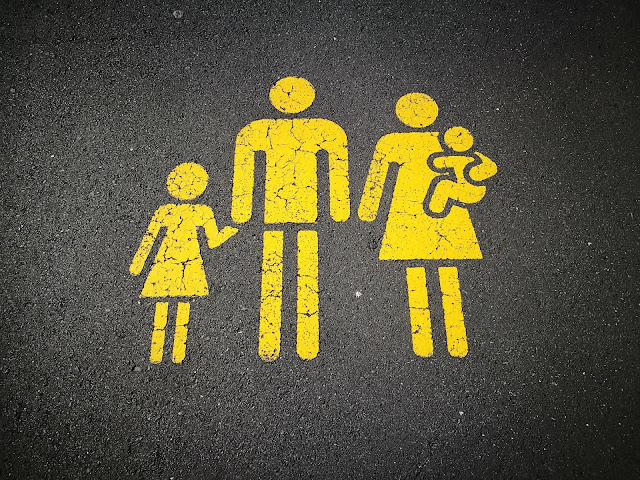Adverse Childhood Events (ACE): Concept & Long Term Effects
They are a category that covers all types of traumatic events on a physical, emotional, or mental level that one may go through during their childhood. And they are a bit more severe than normal sad moments in our childhood. As they tend to cause real physical, mental, and behavioral problems even in adulthood. Most of the time, the subject is not even aware that their present problems have their roots in ACEs. In a way, these experiences become lifelong liabilities.
One of the longest studies on ACEs is CDC-Kaiser ACE Study, which started in 1955 and is still active. It divides these experiences into 3 categories which are as follows:
Abuse: It can be emotional, physical, and sexual. For example, when a parent regularly insults you as a way to cope with their anger is emotional abuse.
Household Challenges: It can range from domestic violence to mentally ill parents and more. It covers any situation that is creating an impediment to having a normal childhood.
Neglect: It can be both physical and emotional. A parent not giving the child clean clothes or food on time is a case of physical neglect.
ACEs lead to the adoption of dysfunctional patterns of thought and behavior by the child which stays with them in adulthood. For example, a child who had gone through sexual abuse may develop risk-taking behavior to cope with it, and have multiple sexual partners. This also places them at risk of contracting HIV. A child with dysfunctional parents may not develop emotionally and can have trouble forming relationships later in life.
Apart from these invisible impacts, there are more evident physical impediments. People who go through ACEs are more likely to develop chronic diseases. This happens because they are likely to make questionable lifestyle choices to deal with their learned dysfunctionality.
However, there is hope. Research finds that if trauma is accepted as real and the child’s experiences are validated, they can heal. When the short-term effects of trauma are processed healthily, the victim will have few to no long-term effects of that trauma. This metabolisation of trauma is what we facilitate at I AM Wellbeing.
Through our trauma centers, we provide the children of marginalised communities with a place to heal. With our various programs like UDAAN, we provide these children individual and group therapy under mental health professionals.
ACEs are not limited to the categories mentioned above and include the experience of poverty, caste, or gender-based discrimination. For children born in the poverty, it can be child labor that can affect their normal development. For children born in a lower caste, it’s the social norm of using casteist slurs that can make them feel inferior. That’s where transforming social norms also comes into play. If we can socially enforce the policies against child labor and casteist slurs, we can reduce the plight of these underprivileged children better.
This is a topic that was covered in one of our recent Advocacy sessions hosted by Ms. Divya Kandukuri, founder of Blue Dawn. Our Advocacy program is a new initiative, all about spreading awareness about early trauma and how to mitigate its effect on children.
We have found that when these children who go through various ACEs are given the necessary interventions, they do better. They break the cycle of poverty and can lift their socio-economic status. They no longer stay destined to stay in poverty and repeat the patterns of their parents.
They live better.



Comments
Post a Comment